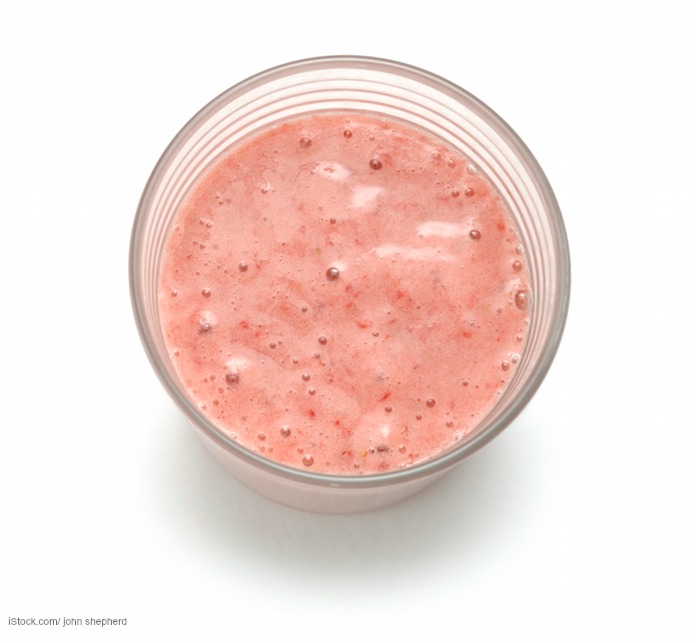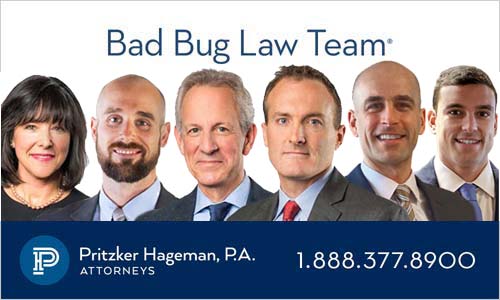The FDA released a startling article about the imported Egyptian strawberries that were recalled for hepatitis A contamination after the Tropical Smoothie Cafe outbreak this summer. The strawberries were sold to schools, restaurants, and institutions around the country, and may have been served to consumers as recently as October 27, 2016.
The outbreak at Tropical Smoothie Cafes has sickened 134 people in 9 states, according to the CDC. At the time the investigation began, public health officials said they were not sure if the frozen strawberries had been sold at other venues. Now it seems they have.
The strawberries, which were sold by The International Company for Agricultural Production and Processing (ICAPP), recalled all of their imported frozen strawberries from January 1, 2016. The products were “including but not limited to” whole, sliced and sugared, and diced strawberries. Five companies distributed these berries to institutions around the country. Those companies are:
- C.H. Belt of Lake Forest, Ca. (sold under CH World Brand);
- Jetro/Restaurant Depot of College Point, N.Y. (sold under James Farm brand and unbranded “Bits & Pieces”);
- Sysco Corporation of Houston, Tex. (sold under Sysco brand);
- Patagonia Foods of San Luis Obispo, Ca. (sold under Patagonia brand); and
- Reddy Raw of Woodridge, N.J. (sold under Regal brand).
While the FDA and CDC are not currently aware of any illnesses related to any recalled products other than whole frozen strawberries, these corporations and the institutions that served the berries should notify customers that they may have been exposed to hepatitis A.
California Retail Distribution Lists
The state of California has been most proactive about this problem. They have released a 188-page list of retail establishments that received the frozen berries. And in Shasta County, California, the berries were served to students at the Bella Vista Elementary school on October 25, 2016. That county is offering free clinics for hepatitis A vaccinations tomorrow, November 5, 2016.
Facilities on that list include care centers, schools, restaurants, assisted living facilities, catering facilities, tea shops, and American Legion posts. It’s important to remember that even if a facility is on that distribution list, they may not have sold the berries, and the berries may not be contaminated with hepatitis A.
Hepatitis A Lawsuit
Our lawyers can help those people sickened in this outbreak sue distributors, importers, and restaurants and other facilities who sold the contaminated berries. You can contact them at 1-888-377-8900 (toll free) or fill out a free consultation form.

